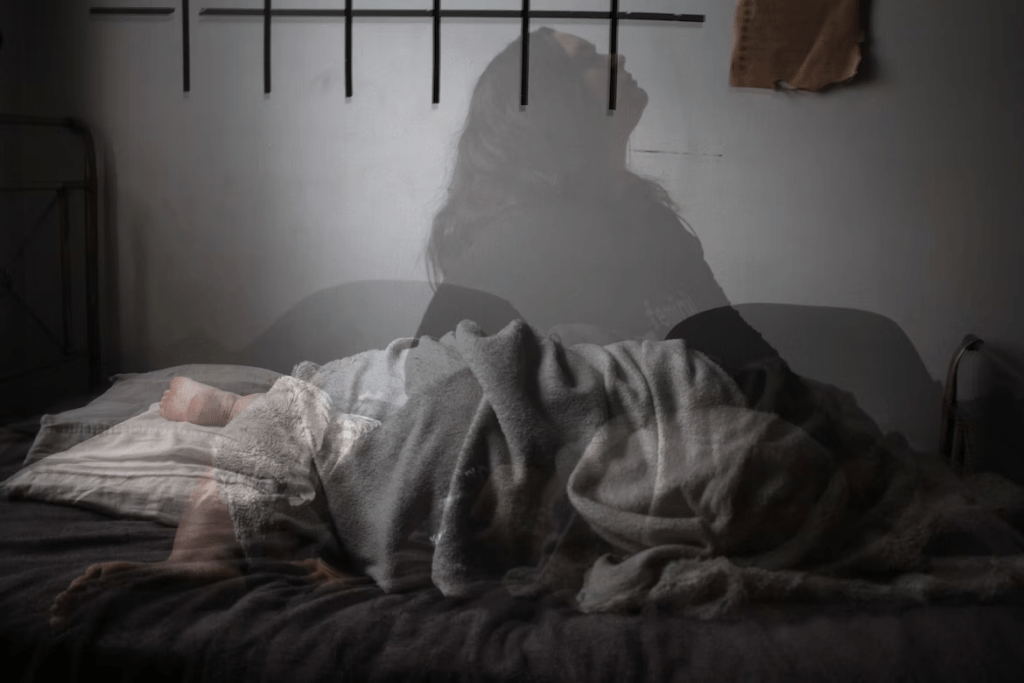Insomnia is one of the most common sleep disorders, affecting roughly one in five people at some point in their lives. It is typically characterized by difficulty falling asleep or staying asleep, with symptoms present for more than a month and interfering with day-to-day life. There are varying levels of insomnia, from occasional difficulties falling asleep to chronic insomnia that occurs almost every night. Insomnia can be frustrating and exhausting, but it does not have to be permanent. By managing stressors and creating an optimal sleeping environment, you can manage your insomnia and get the rest you need. Here are some tips on how you can deal with insomnia if you are experiencing it:
Take natural sleep aids
There are some natural herbs and supplements like hhc gummies here that can help with sleep:
- Chamomile is a common herbal tea that has been used to treat insomnia. It is known to have a calming and sedative effect on the body.
- Lavender is another herb that has long been used to induce sleep. It is thought to work by reducing anxiety and improving sleep quality.
- Valerian is a flowering plant that has been used as a sleep aid for centuries. It works by increasing the amount of the sleep-inducing chemical gamma-aminobutyric acid (GABA) in the brain.
- Melatonin is a hormone that tells our body when to start sleeping and when to wake up. It is secreted by the pineal gland in the brain and is usually released when it gets dark. However, in people with insomnia, the production of melatonin is often delayed.
- Magnesium is a mineral that is often used to treat insomnia. It is believed to work by relaxing the muscles and nerves in the body, including the muscles in the brain.
Exercise during the day
Exercise has many health benefits, including improved sleep quality. It is best to exercise earlier in the day to avoid insomnia. Even a simple walk can make a big difference. You can even try gardening or housework as alternatives to exercise. Exercising regularly can help you get better sleep, but it is crucial to avoid exercising too close to bedtime, as this can have the opposite effect. Avoid strenuous exercise within three hours of bedtime.
Establish a bedtime routine
Everyone has different sleep needs, but most people will benefit from having a consistent bedtime routine. Make the last hour or two before bed as relaxing as possible by avoiding stimulating activities, such as a computer or phone use, watching TV, reading, etc. Instead, engage in relaxing activities, such as reading a book, listening to soothing music, or meditating. You can also try relaxation techniques, such as progressive muscle relaxation or visualization. Having a consistent bedtime routine will help train your body to know when it is time to sleep. It also makes it easier to avoid insomnia triggers.
Create a dark and quiet sleeping environment
Your bedroom should be a place of relaxation, so you can better fall asleep. The first step is to make your room completely dark and quiet, which are two key factors in insomnia.
- Use eye shades or blackout curtains to block out light.
- Use earplugs or a white-noise machine to block out noise.
Darkness and quiet encourage your body and mind to relax.
Other tips for better sleep include:
- avoid excessive intake of caffeine, alcohol, or nicotine;
- stick to a healthy diet;
- get a regular sleep schedule, even on weekends;
- get a good amount of rest during the week, but don’t try to catch up on weekends.
Conclusion
While many insomnia treatment methods exist, the best way to deal with it is to maintain a regular sleep schedule, minimize stress, and create the right sleeping environment. If you are experiencing insomnia, try these tips to improve your sleep.



